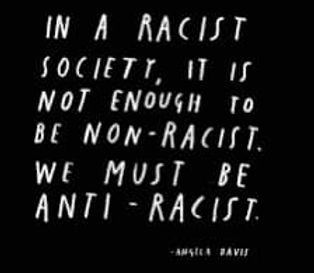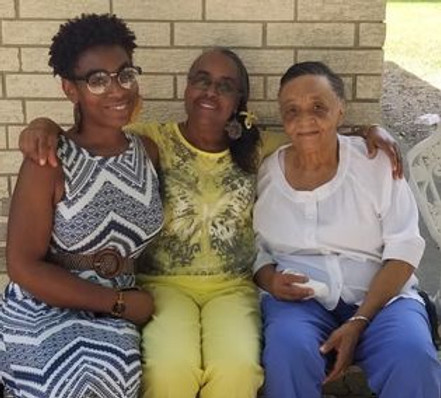Our "Why"
Research has shown that children as young as 3 and 4 years old have deep and meaningful understandings of inequities based on identity markers such as race, ethnicity, gender, class, and able-ness. These understandings are primarily influenced by the adults in their lives, including caregivers and teachers. According to Gloria Boutte, Distinguished Professor at the University of South Carolina and founder of the Center of Excellence for the Education and Equity of African American Students, early childhood educators have a responsibility to teach young learners how to critically examine the world through the lens of oppression and privilege, specifically issues of race and racism.

Getting "Unstuck" With the Work
Teachers of early childhood and primary aged students often get stuck within the space of colorblindness due to a number of factors including their worry about the pushback they will receive from parents and/or administrators, personal discomfort with issues of anti-bias and anti-racism, or lack of access to culturally sustaining curricular resources and instructional strategies geared specifically towards children ages birth to 8.

Collaborative Co-Conspirators
It is impossible for the educators of our youngest learners to do their part in dismantling systems of oppression without a concentrated effort towards critical self-reflection, collaborative co-construction of knowledge, and strategic action planning.

Nurturing Genuis
Good intentions will only get even the most well meaning teachers of young children so far! Our challenge lies in facing systems of oppression head on and committing ourselves to creating equitable early childhood and elementary learning environments that nurture the genius of ALL of our most precious assets beginning at birth.





